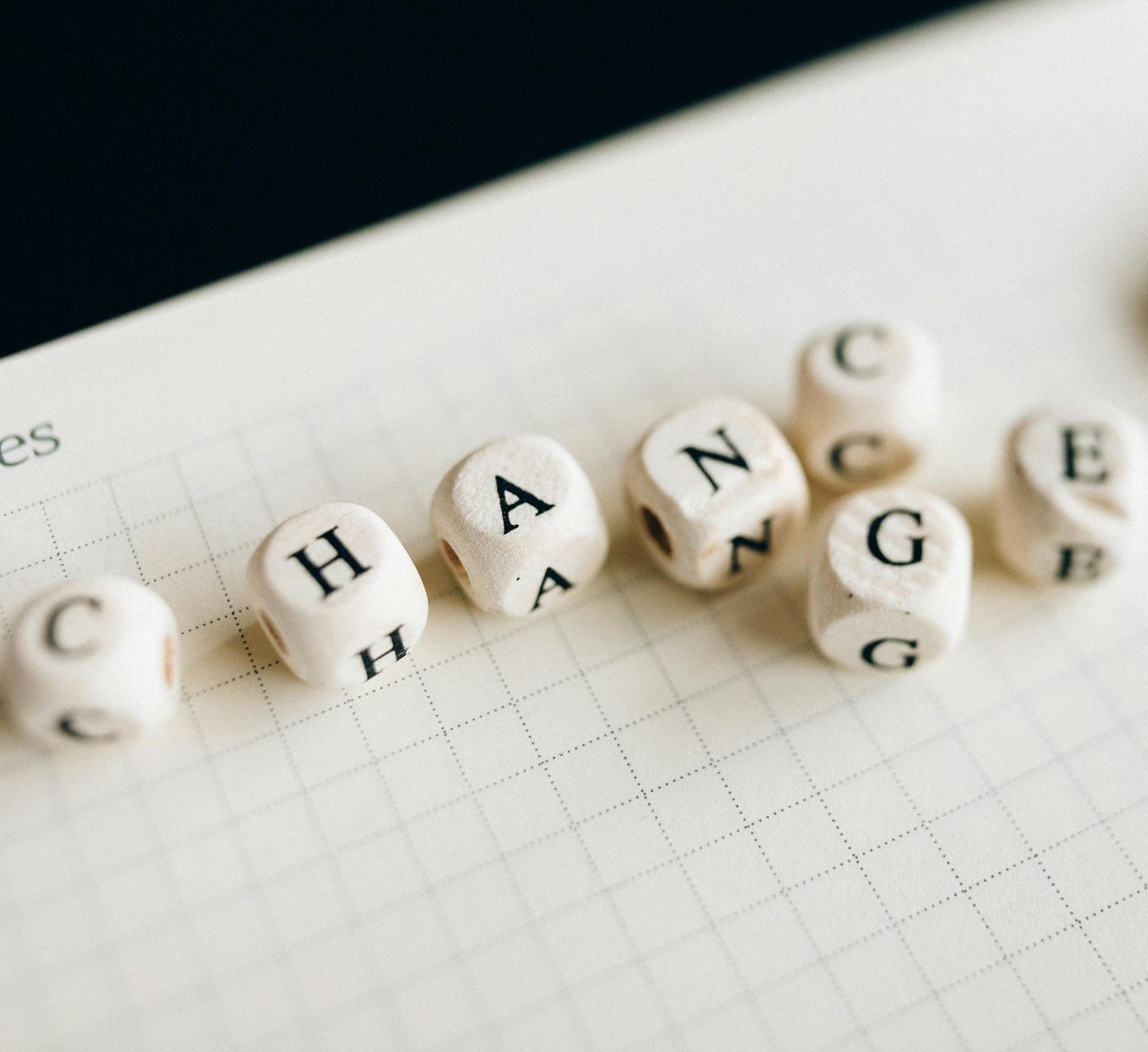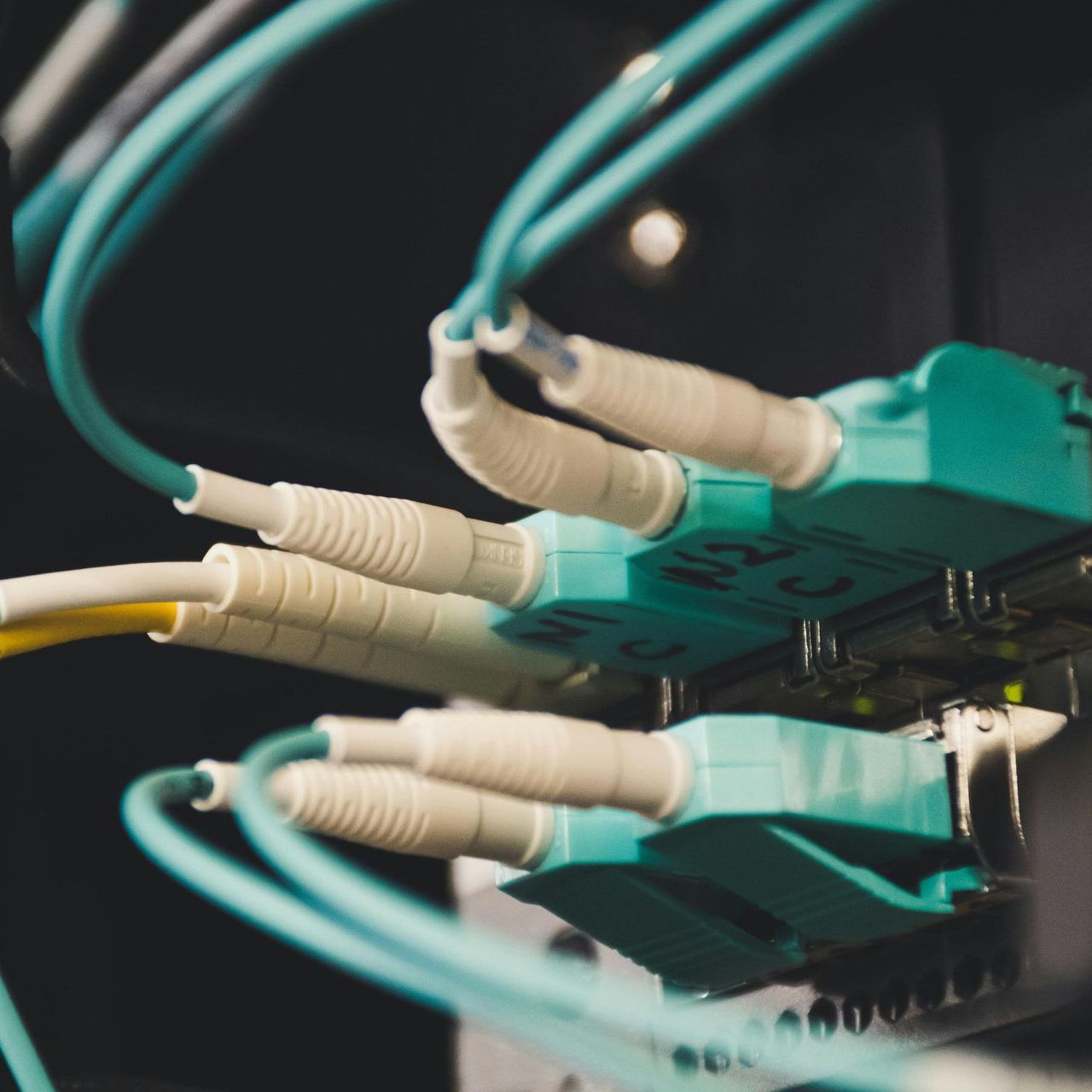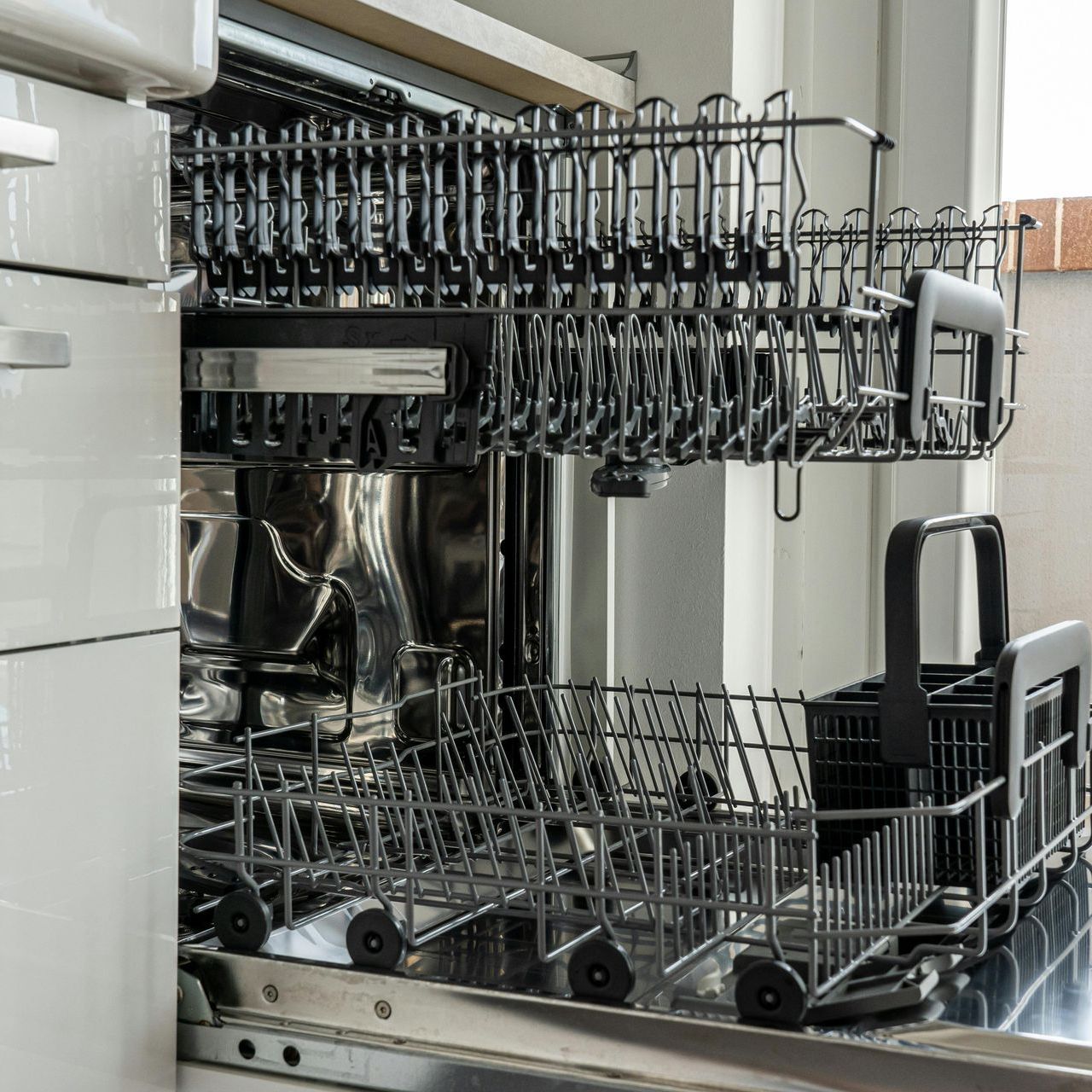Sign up to our newsletter
Breaking the Cycle of Financial Stress
Ways To Avoid Being Broke All The Time

As a young adult I was trapped in a cycle of constant financial stress, stretching paychecks to pay for rent, utilities, gas, and food. I was always one car repair, one speeding ticket, one sick day from being in real trouble.
I have always either had a side hustle (or four) going, or been in school while working full time. I have never been afraid of hard work. But as busy as I was trying to make more money, it felt like I was always broke. Today, almost 35% of Americans live paycheck-to-paycheck.
Over the years of my personal experience and seeing others struggle in the same way, I have come up with some tips for saving money to break the cycle and achieve some financial breathing room:
Create a Realistic Budget

This is simple but not easy, and you can probably do it on a piece of scrap paper in about 15-30 minutes. It is not easy because it is a reality check on where your money really goes. But it is necessary to have a look so you can make changes that stick.
First, figure out what you spend money on each month and list by categories.
Look through your last 3 months of bank statements to find out how much you actually spent on these items, not how much you want to spend or think you spend. Here are some examples of categories, and each of these has an opportunity to save money:
Rent / Mortgage
Electricity
Natural Gas
Internet / Cable / TV
Cell Phone
Subscriptions – music, TV, cloud storage, etc
Groceries
Restaurants
Health & Beauty – haircuts, medication, supplements
Gym Membership
Car Payment
Fuel
Car Insurance
Miscellaneous
Savings
Second, note your monthly income.
There is a trick to this if you are paid weekly or biweekly because there are not exactly 4 weeks in a month. You can divide your last 13 weeks of pay by 3 to get your monthly income, or multiply one week by 52 (for an annual amount) and divide the answer by 12 to get a monthly rate.
Third, subtract the expenses from income to get your surplus or deficit. If you have a surplus, that amount should be going into savings for planned or unplanned expenses like car repairs or trips. If you have a deficit, read on for proven tips on how to save money.
Saving Money In Each Budget Category

Rent / Mortgage:
You may not be able to change the total expense amount in the short term, but you can consider moving to a less expensive place or getting a roommate to reduce your individual expense.
Electricity and Natural Gas utilities:
Keep lights and fans off when you are not in the room.
Unplug “vampire” electrical users when not in use such as chargers, anything with a clock display, and anything that uses a remote control. Individually these may not consume much, but they add up.
Your washer and dryer are huge electrical users – if you live where electricity rates vary, use these during peak hours.
Hang clothes to dry instead of using the appliance.
Heat and air conditioning are very high users of electricity and/or natural gas. Adjust heat down and air conditioning up, and use ceiling fans to move air. I have seen people who heat their homes to a comfort level so they can wear shorts in the winter. There is nothing wrong with wearing socks and a sweatshirt in the winter.
** Pro Tip: run ceiling fans to push air down in the summer. This causes the air to blow directly on you and feels cooler. Reverse the direction to pull air up in the winter; this pushes warm air off the ceiling, down the walls, and along the floor.
Internet / Cable / TV:
Internet has become indispensable over the past several years. When pricing out your plan, consider what you actually need though. I can work from home, video conference, stream movies, and play online video games on a very inexpensive connection. The super mega streaming plan is overkill for home use.
As far as TV and entertainment go, we have a couple of streaming services but no traditional “cable” service. We just don’t watch that much TV. I heard of a neat hack recently though, where people will rotate through streaming services a couple months at a time instead of having all of them at once. Good idea!
Subscriptions – music, cloud storage, etc:
These are usually relatively inexpensive but really add up if you are not constantly monitoring them. I recently talked with somebody that was spending $75 per month on Amazon Prime, LinkedIn, and iTunes music. That is really getting up there!
Cell Phone:
There are a lot of great plans that are inexpensive. Look at alternative carriers to the big 3, and you will find good phone selection, service, and low cost.
Groceries:
This is a big expense, and prices seem to keep going up. Be frugal. In many cases store brand is less expensive for the same quality as big name brands. If you refuse to buy store brand stuff because you don’t like it, you aren’t hungry enough yet. Shop at discount stores. If you are broke and still shopping at Whole Foods, let me introduce you to my friend Aldi.
Restaurants:
If you are on a tight budget, don’t do it. You can shop and cook for much less, and you don’t need to leave a tip.
If you do go out, take note that the high margin items in a restaurant are drinks (especially alcohol) and dessert. Choose wisely.
My wife and I went out for a couple of salads at a well known bread shop recently and the total was $35. No drinks, no extras, just salad with chicken. We could have made the same thing at home for under $10.
Health & Beauty – haircuts, medication, supplements:
Some of these items are necessary, some are discretionary. In any case, shop around for better prices and alternatives.
Gym Membership:
There are a wide variety of options here. A personal trainer in a small gym may be $700 or more per month. A membership at a large chain is as little as $10 per month. Be diligent and honest with yourself about wants versus needs, and keep in mind that physical and mental health are very important.
Car Payment:
After you have a car payment it doesn’t usually change. Take note of how difficult it is to juggle a car payment with everything else and when the opportunity presents itself to trade it or sell it, choose your next one carefully.
Fuel:
Cars are much more fuel efficient than they used to be, but your driving habits can still impact your fuel economy. First, consider if you really need to drive. Create a route to run multiple errands in one trip instead of going home and back out. Idling for long periods of time, leaving the vehicle running while in a store, quick acceleration, high speeds, and even quick stops are wasteful. Press the pedals gently and you will see an improvement.
Car Insurance:
Shop around like you do with streaming services, cable, and satellite TV. These costs creep up over time and you need to put in the effort to make sure you are not overspending. Also, with your more economical driving habits, be safe. An accident can cause your rates to increase even if it is not your fault.
Miscellaneous:
This is a catch-all for many things. Buying a birthday gift. Going to the doctor for a couple stitches. I guess here is a good place to mention that if you are broke you should not be spending money on alcohol or drugs. Just sayin’.
Savings:
Some say that you should target setting aside 20% from each paycheck for savings and retirement. If money is tight this is not practical advice, but at the same time if you don’t budget for some amount it will not happen at all. Many employers have an option to withhold retirement savings so you don’t need to really think about it. Even if you are struggling, at minimum put enough in your 401(k) for your employer to match – that is free money! Put a little something in a savings account too, for incidental expenses that will eventually come up.
**Pro Tip: You can eat for under $10 per day if you work hard at it. For example, we have what the kids and I call “concoction.”
1 can chicken, about $3
1 bag Knorr rice sides, about $1.50
1 can Rotel, about $1
Prepare, mix, and eat. This is good for two meals and costs under $6. That is $3 per meal.

Break The Cycle

Breaking the cycle of paycheck-to-paycheck living requires discipline, priorities, patience, and a willingness to make changes. By creating a realistic budget, trimming expenses, and implementing smart financial habits, you can take control of your finances and build a brighter future. Remember, small steps can lead to significant results. Start today, and watch your financial situation improve.





